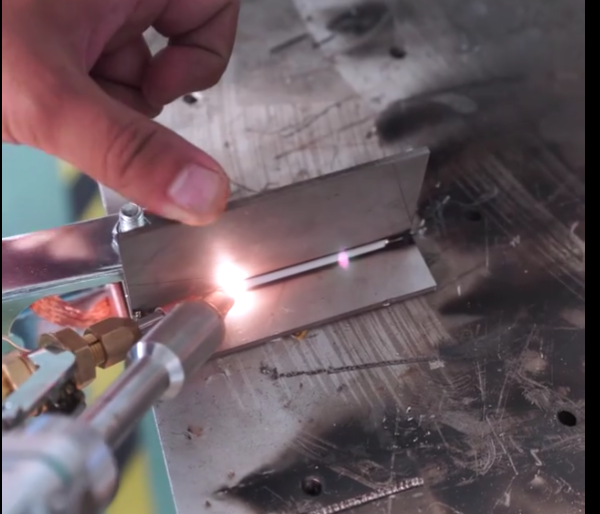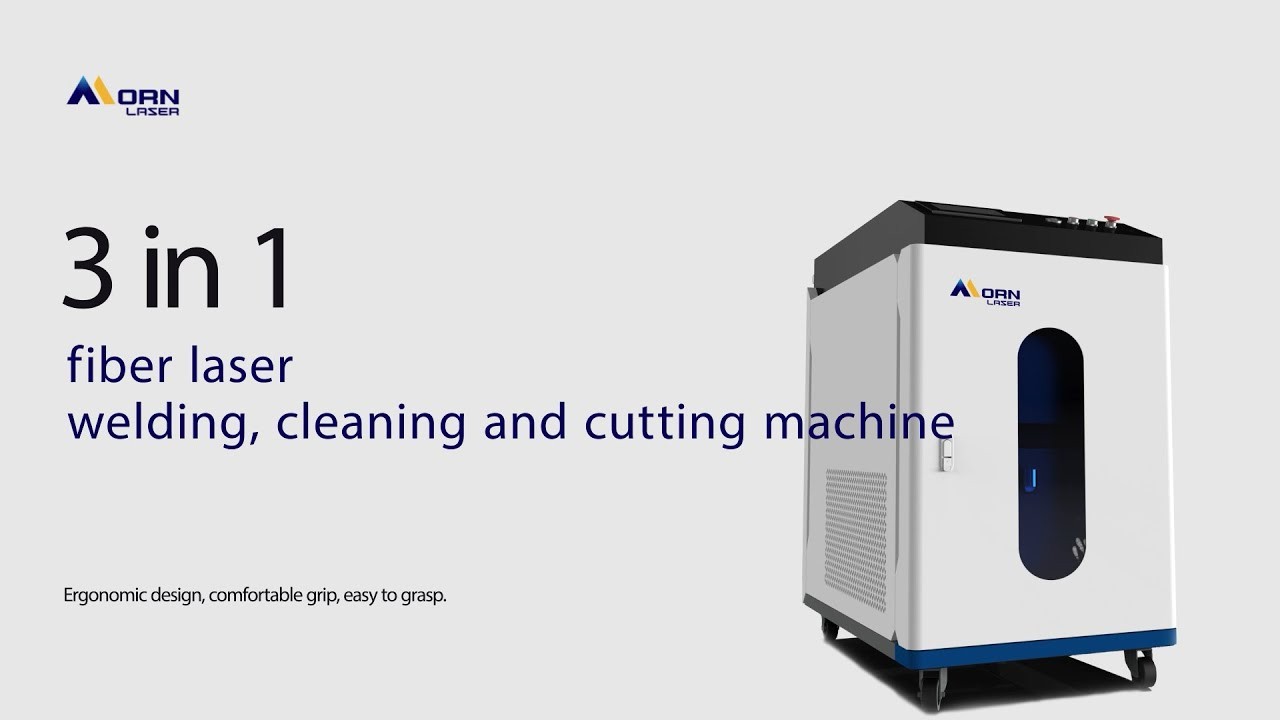-
Product
-
Fiber laser cutting machine
-
Profile Steel/ H-Beam Laser Cutter
high efficiency | high-performance | high quality -
Full Cover Fiber Laser Cutting Machine
supreme configuration | high precision | safe & pollution-free -
Sheet fiber laser cutting machine
tailor-made machine | efficiency boost -
Fiber Laser Bevel Cutting Machine
one-shot bevel | efficiency boost | streamlined process -
High precision fiber laser cutting machine
High precision | small footprint | fully enclosed -
Four-chuck Tube Cutting Lasers
truly zero-tailing | low cost per part | auto loader -
Three-chuck Tube Laser Cutting Machine
top production output | low cost per part | extremely short tailing -
Two-chuck Tube Laser Cutting Machine
top production output | low cost per part | extremely short tailing -
Full Enclosed Fiber Laser Cutting Machine
Integrated design saves installation time and shipping costs. - flexible processing | continuous cutting | efficient production
-
Fully Automatic Loading & Unloading Laser Cutting Production Line
intelligent production | optimizing factory space | reduce labor costs -
Sheet and Tube Fiber Laser Cutting Machine
supreme cost-effectiveness | dual-use laser | space-saving
-
-
Fiber laser welding machine
-
Air-cooled Portable Laser Welding Machine
more flexibility | easy to use | cost effective -
Automatic laser welding machine
fine welding seam | boosted efficiency -
Integrated fiber laser welding machine
instant welding | easy to operate & move -
Handheld fiber laser welding machine
long distance welding | multi-welding modes
-
- Fiber laser cleaning machine
- Bending Machine
-
Fiber laser cutting machine
- Solutions
- Why Morn Laser
- Price
- Contact
- VR
Menu
X- home
-
Product >
-
Differences Between Fiber Laser Welding and Traditional Welding
2024-11-08Hello everyone! Today, we're going to explore the main differences between fiber laser welding and traditional welding. With advancements in technology, fiber laser welding machines are becoming the preferred choice in many industries due to their efficiency and precision. Let's take Morn Laseras an example. Founded in 2008, Morn Laser is a high-tech enterprise specializing in research, development, production, sales, and service of intelligent manufacturing equipment. As a one-stop industrial laser solution provider, Morn Laser has earned the trust of tens of thousands of global customers with its advanced technology and reliable service.
1. Welding Precision
Fiber Laser Welding: Fiber laser welding machines use high-energy density laser beams to achieve extremely high welding precision. The laser beam can precisely control the depth and width of the weld, ensuring uniform and aesthetically pleasing seams. This high precision is particularly suitable for thin plates and precision components.
Traditional Welding: Traditional welding methods, such as arc welding and resistance welding, have lower welding precision. These methods can produce larger heat-affected zones, leading to material deformation and performance degradation.
2. Welding Speed
Fiber Laser Welding: Fiber laser welding machines have a very fast welding speed, typically completing welding tasks in just a few seconds. High-speed welding not only increases production efficiency but also reduces the workload on workers.
Traditional Welding: Traditional welding methods have slower welding speeds, requiring longer times to complete welding tasks. This not only reduces production efficiency but also increases the workload on workers.
3. Heat-Affected Zone
Fiber Laser Welding: During the laser welding process, the heat generated is concentrated, effectively reducing the heat-affected zone and preventing material deformation and performance degradation. This is particularly important for thin plates and precision components.
Traditional Welding: Traditional welding methods generate more heat, which can cause material deformation and expand the heat-affected zone, affecting the stability and strength of the welded structure.
4. Welding Quality
Fiber Laser Welding: Fiber laser welding machines can provide high-quality welding results. The laser beam can precisely control the depth and width of the weld, ensuring uniform and aesthetically pleasing seams. Additionally, the laser welding process produces less spatter, reducing the need for post-welding treatment.
Traditional Welding: Traditional welding methods can produce pores, cracks, and spatter, resulting in lower welding quality. These defects require additional post-processing work, increasing production costs.
5. Material Compatibility
Fiber Laser Welding: Fiber laser welding machines can weld a wide range of materials, including stainless steel, carbon steel, aluminum alloys, copper alloys, titanium alloys, nickel alloys, precious metals, and composite materials. This versatility makes fiber laser welding machines applicable in various industries.
Traditional Welding: Traditional welding methods are typically suitable for specific types of materials, such as carbon steel and stainless steel. For high-reflection materials like aluminum and copper alloys, traditional welding methods are less effective.
6. Environmental Impact
Fiber Laser Welding: Fiber laser welding machines have lower energy consumption, significantly reducing energy usage. Additionally, the laser welding process produces fewer harmful gases, aligning with environmental protection goals.
Traditional Welding: Traditional welding methods have higher energy consumption and produce more harmful gases, having a greater impact on the environment.
Why Choose Morn Laser?
Since its founding in 2008, Morn Laser has been dedicated to the research and production of high-quality fiber laser welding machines. As a one-stop industrial laser solution provider, Morn Laser offers the following advantages:
Advanced Production Technology: Morn Laser uses the latest production technologies and equipment to ensure the high performance and reliability of each machine.
Reliable Service: Morn Laser provides comprehensive technical support and after-sales service, ensuring that any issues customers encounter during use are promptly resolved.

Conclusion
Compared to traditional welding, fiber laser welding offers higher welding precision, faster welding speed, smaller heat-affected zones, higher welding quality, wider material compatibility, and better environmental performance. We hope this article has been helpful! If you have any questions or need more advice, feel free to leave a comment and join the discussion. Don't forget to share this article with your friends!
- Office Address:
- 17F, Building 5, Qisheng Mansion High-Tech Zone, Jinan, Shandong 250101, China
- Email: info@mornlaser.com
- Mobile/WhatsApp/WeChat: +86 151 6916 6350
CONTACT USCopyright © 2008-2022 Morn Laser All Rights Reserved.![]() Get a Quote
Get a Quote
![]() Get a Quote
Get a Quote
Cookies
We use cookies to improve our services and remember your choice for future visits. By clicking "Accept cookies", you consent to the use of cookies on this website.
Read our Privacy Policy
Get a Quote x
![]()








